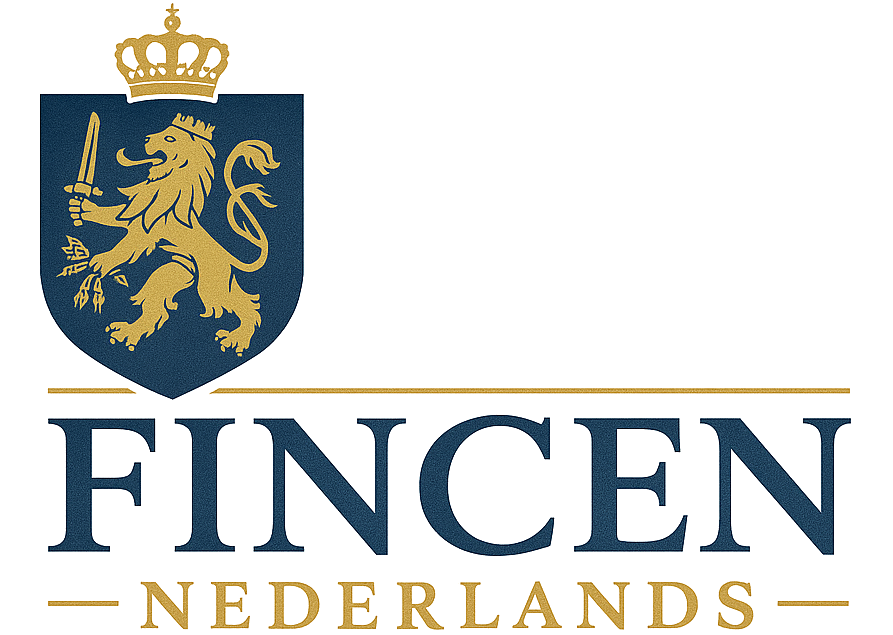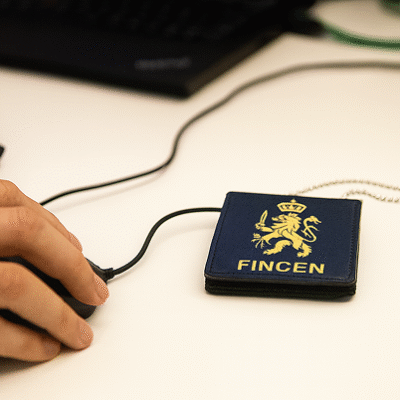On April 8, two residents of The Hague, aged 27 and 34, were arrested on suspicion of involvement in financial misconduct and falsification of records. Their homes were searched by investigators, resulting in the seizure of:
- More than €45,000 in cash
- Jewelry
- Four luxury watches
- 59 designer handbags
- Digital data carriers
Uncovering Illicit Transactions Through Encrypted Data
The suspects were identified during a separate ongoing investigation into unauthorized financial services. Analysts reviewing decrypted communication platforms found that both individuals were likely connected to large-scale cash-based transactions and activities linked to the illicit goods trade.
Authorities believe the suspects used fraudulent invoices to disguise the origin of the funds—a process often referred to as the Cash Compensation Model (CCM). In this scheme, cash of questionable origin is exchanged for bank transfers under the pretense of legitimate business dealings. Both suspects operated sole proprietorships, which are thought to have served as fronts for these activities.
The investigation team also suspects that false documentation was used to secure home loans, potentially misrepresenting financial standing to obtain mortgages.
Legal Proceedings and Continued Investigation
Both individuals were brought before a magistrate on April 11 and are currently held in custody for an initial period of 14 days. The investigation is ongoing and is being directed by the Functional Public Prosecution Service, which focuses on economic and financial enforcement.
What is the Cash Compensation Model?
In the CCM, individuals holding large amounts of unaccounted-for cash provide it to entrepreneurs in need of liquidity. The recipient receives the funds in cash, then pays back the lender via bank transfer, often using a fake invoice for goods or services to justify the transaction. This method allows illegal cash to be converted into legitimate-looking electronic money, effectively masking its true source.
Why This Matters
Tackling financial crime is a key priority. Money laundering undermines legal business, distorts fair competition, and enables broader criminal operations to remain hidden. Effective prevention and prosecution are vital for protecting the integrity of financial systems.






